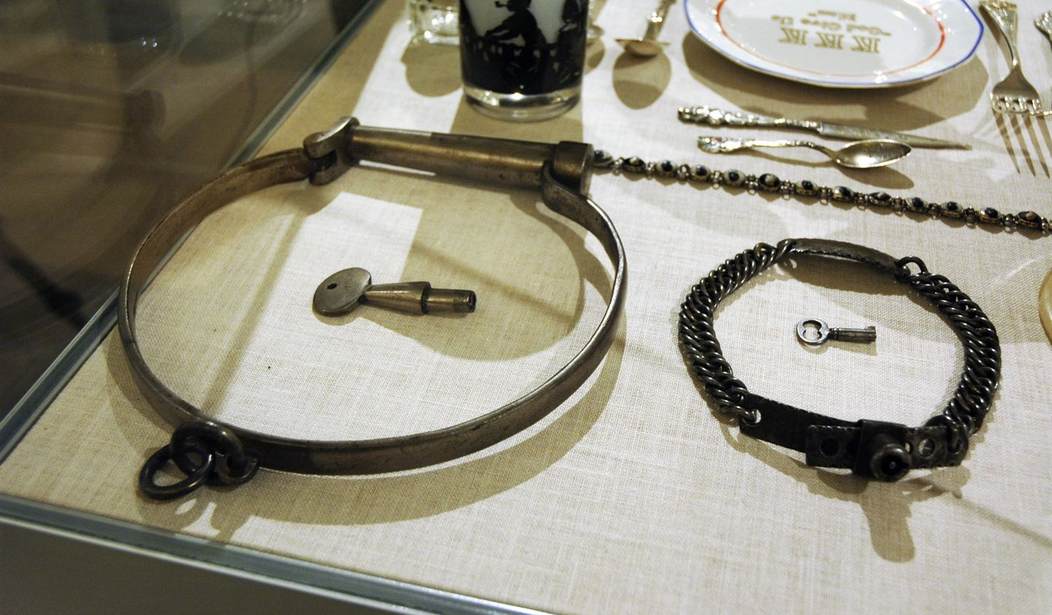On the wintry morning of March 11, 1854, Milwaukee abolitionist newspaper editor Sherman Booth received an urgent telegram from nearby Racine: a fugitive slave had been arrested and taken to the Milwaukee jail. Booth rushed to the courthouse to determine if a man named Joshua Glover had been arrested the night before.
While officials were evasive, a chance encounter with an attorney who had just applied for Glover’s release confirmed the report. Glover was sitting in a cell, bleeding from a head wound and awaiting rendition to the farm where he had been a slave just two years earlier.
Booth, a fiery opponent of slavery, began printing handbills headlined “Man Captured, Our Jail Used for Slave-Catchers!” and calling for the community to turn out on Glover’s behalf.
Booth then mounted a horse and, in the spirit of Paul Revere, rode through the streets of Milwaukee encouraging residents to turn out at the courthouse because “a man’s liberty is at stake!”
Glover’s brief experience with liberty did seem at an end. He had escaped from the St. Louis farm of Benammi Garland two years earlier and trekked nearly 400 miles to Racine, a stronghold of abolitionist sentiment. Glover was welcomed, given a job and provided with a small home. His lifelong dream of living in freedom had become a reality.
Or so it seemed. After Glover’s escape, Garland offered a $200 reward for his apprehension. When slave catchers eventually located Glover, Garland arrived in Milwaukee to obtain a warrant for the return of his “property.” Under the Fugitive Slave Act of 1850, officials were required to comply.
On March 10, Garland assembled a posse that included two U.S. deputy marshals, rented a wagon and traveled to Glover’s home at night. Glover was playing cards with friends when a knock came at the door.
The assailants burst in and attempted to subdue Glover. Shocked by this invasion, he fought back. He was clubbed and collapsed to the floor, bleeding from a head wound.
Recommended
Glover was thrown into a wagon and driven through the freezing night to Milwaukee, 25 miles to the north. There, he was relegated to a jail cell, bleeding and distraught.
The Racine community quickly learned of Glover’s abduction. On the following morning, a local abolitionist editor sent his desperate telegram to Booth.
Booth’s rallying efforts paid off. By mid-afternoon, a staggering 5,000 Wisconsinites gathered at the Milwaukee courthouse. They delivered speeches and passed resolutions with the intent of securing Glover’s release.
When officials ignored their demands, the protesters switched tactics. Using a beam from a nearby construction site, they battered down the courthouse door. Rushing inside, they overwhelmed the guards and extricated Glover from his cell.
When Glover emerged, the crowd celebrated as if he were a conquering hero. Among much hand-shaking and cheers, he mounted a waiting carriage and was whisked off to the Underground Railroad. He spent the next few weeks sheltered in people’s homes, barns and attics.
Eventually, abolitionists smuggled him onto a ship bound for Canada. He settled in the Toronto area, where he lived the rest of his life a free man.
Just nine days after Glover’s rescue, another group of abolitionists assembled at a schoolhouse in Ripon, Wisconsin. Fifty Democrats, Whigs and Free Soilers convened on March 20 to form a new, antislavery political party. They called themselves “Republicans.”
Six years later, Abraham Lincoln emerged as the fledgling party’s presidential nominee. His election in 1860 triggered Southern secession, civil war and, ultimately, emancipation.
When Glover made the decision to pursue liberty, he knew that – whatever the outcome – his life would be changed. What he could not have foreseen was how his courageous act of defiance would set in motion events that would alter the course of American history.
His capture and rescue widened the chasm between North and South, accelerating the march toward war – and the eventual liberation of 4 million enslaved Americans.
U.S. history is rife with racial injustice, a fact that we must not forget. But it’s also important in today’s polarized environment to remember the times when Americans of all backgrounds found common cause in our nation’s founding ideals. The story of Joshua Glover should inspire us to pursue, as Lincoln put it, the “better angels of our nature.”
Michael Jahr is director of Liberty at Stake: The Joshua Glover Story, an ongoing documentary production.

























Join the conversation as a VIP Member